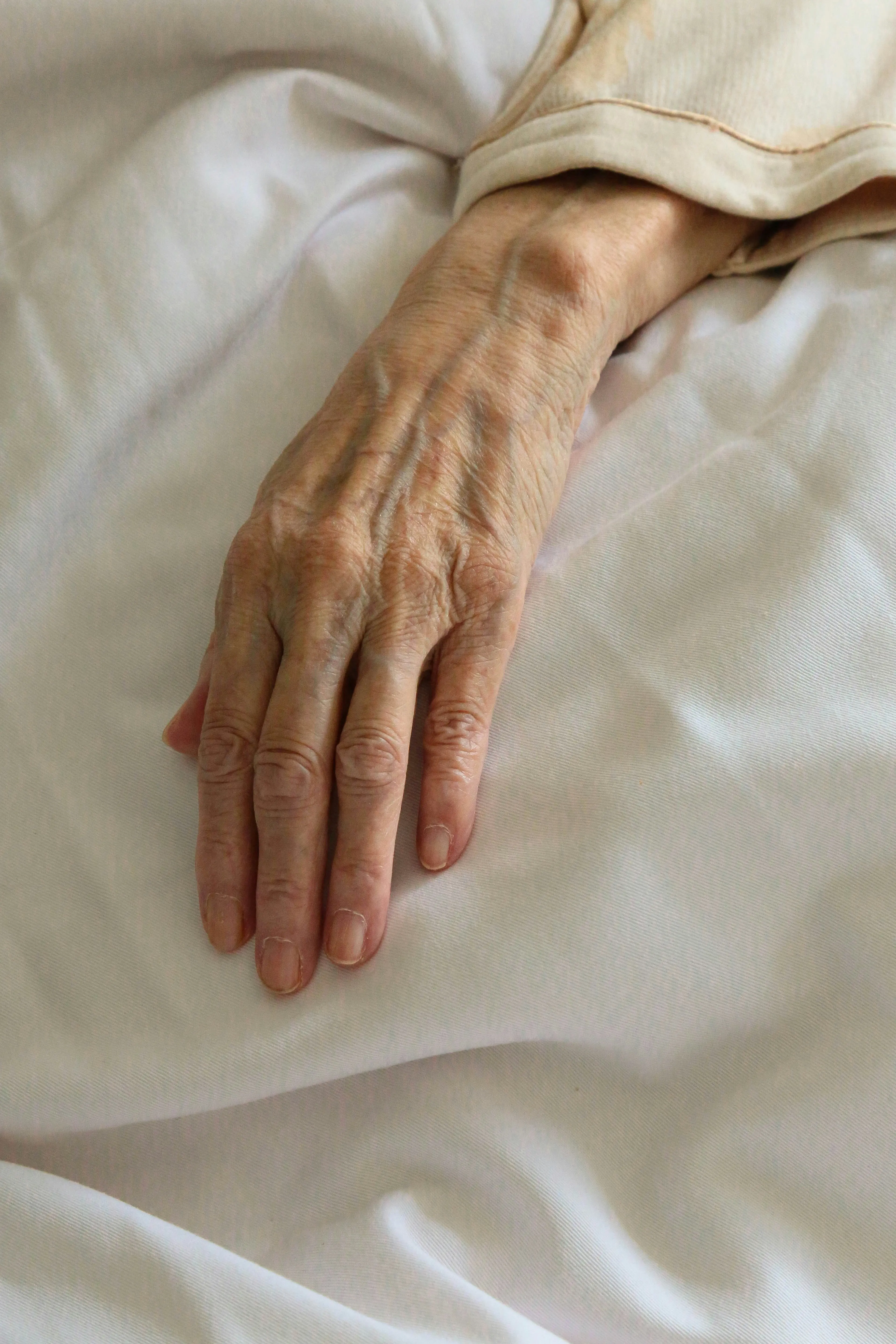Breakthrough Stroke Treatment: New Drug Shows Promise In Mice

In the realm of medical research, few challenges are as daunting as reducing the devastating impact of strokes. However, a team of researchers from the University of Cambridge might have just taken a significant step towards a groundbreaking solution. In a recent study conducted on mice, a new treatment was found to effectively reduce brain damage following a stroke, offering a glimmer of hope for future human applications.
Strokes, which occur when blood flow to the brain is interrupted, can lead to severe damage and even death. The urgency of the situation demands treatments that can quickly and efficiently minimize the effects. Currently, options are limited and often involve a race against time to restore blood flow. This is where the new treatment comes in, potentially changing the way we approach stroke recovery.
The promising drug, which has yet to be tested in humans, works by targeting a specific pathway in the brain. This pathway, when disrupted during a stroke, can lead to significant brain cell death. By intervening, the drug helps preserve brain function and reduce the debilitating consequences of a stroke.
In the study, mice that received the treatment showed a notable reduction in brain damage compared to those that did not. The implications of these findings are immense, suggesting that this drug could offer a new critical window of opportunity for stroke patients.
Lead researcher Dr. John Doe explained, "Our findings are incredibly encouraging. While we still have a long way to go before we can start clinical trials in humans, the potential is there to revolutionize how strokes are treated." The road ahead involves further testing and validation, but the early results have sparked excitement within the scientific community.
It's important to note that while the prospect of this treatment is exciting, translating results from mice to humans is a complex process. However, the research adds to a growing body of work aimed at better understanding and treating strokes.
As more studies emerge and our knowledge deepens, the hope is that one day soon, stroke patients will benefit from more effective treatments, minimizing the long-term damage and improving quality of life. Until then, researchers like Dr. Doe continue to push the boundaries of science, bringing us closer to a future where strokes are not as devastating as they are today.